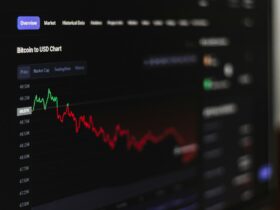After the legal standoff between the United States Securities and Exchange Commission (SEC) and Ripple finally came to an end, the question came up over what its specifics meant, particularly considering the fact that the judge declared that only retail sales of XRP did not constitute securities sales.
Indeed, according to the ruling, XRP sales to institutions do fall under the category of securities sales, which means that the blockchain company will have to pay damages, and lawyer John E. Deaton shared how much these should amount for Ripple to declare a 99.9% victory, in his X post on November 4.
Specifically, Deaton drew attention to the fact that some people believe that “the SEC got a 50-50 victory in the Ripple case.” Actually, he believes “it was more like 90-10 in Ripple’s favor,” adding that if Ripple ends up paying $20 million or less, “it would be a 99.9% legal victory.”
As it happens, the legal expert’s reasoning came in response to a November 3 X post by the chief legal officer at Ripple, Stuart Alderoty, who observed that the securities regulator’s streak of losses has continued, more recently with the SEC v. Aaron Govil case:
How much should Ripple pay?
Commenting on Deaton’s argument, lawyer Jeremy Hogan elaborated on how much Ripple should pay in terms of disgorgement to institutional investors, explaining that the “fair” amount needed to include net profits, not gross, from the sale, which means deducting Ripple’s business expenses from the total.
Furthermore, Hogan said that these damages should go to the actual victims, i.e., “individuals/entities who lost money on an investment,” and not to those buyers who, for instance, paid $0.30 for XRP and the price is now $0.60, as well as pointing out that the SEC had no jurisdiction over Ripple’s XRP sales outside the US.
Meanwhile, the XRP token, which has been at the center of the Ripple v. SEC legal saga, was at press time trading at the price of $0.694, up 9.77% on the day and close to breaking the psychologically significant resistance at $0.70, according to the latest data retrieved by Finbold on November 6.
Disclaimer: The content on this site should not be considered investment advice. Investing is speculative. When investing, your capital is at risk.
















Leave a Reply